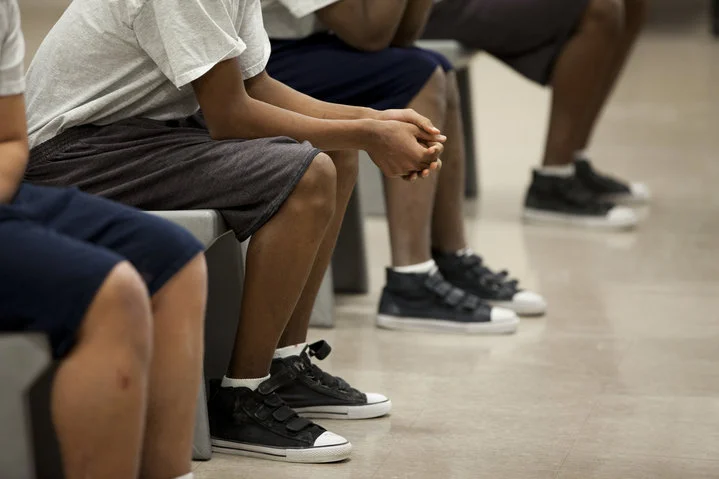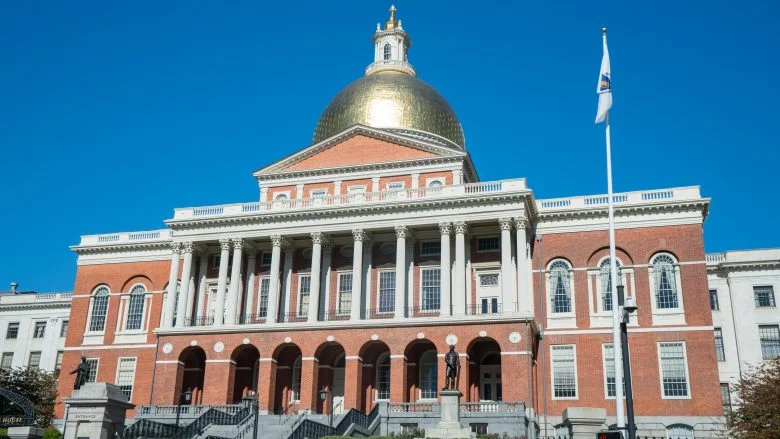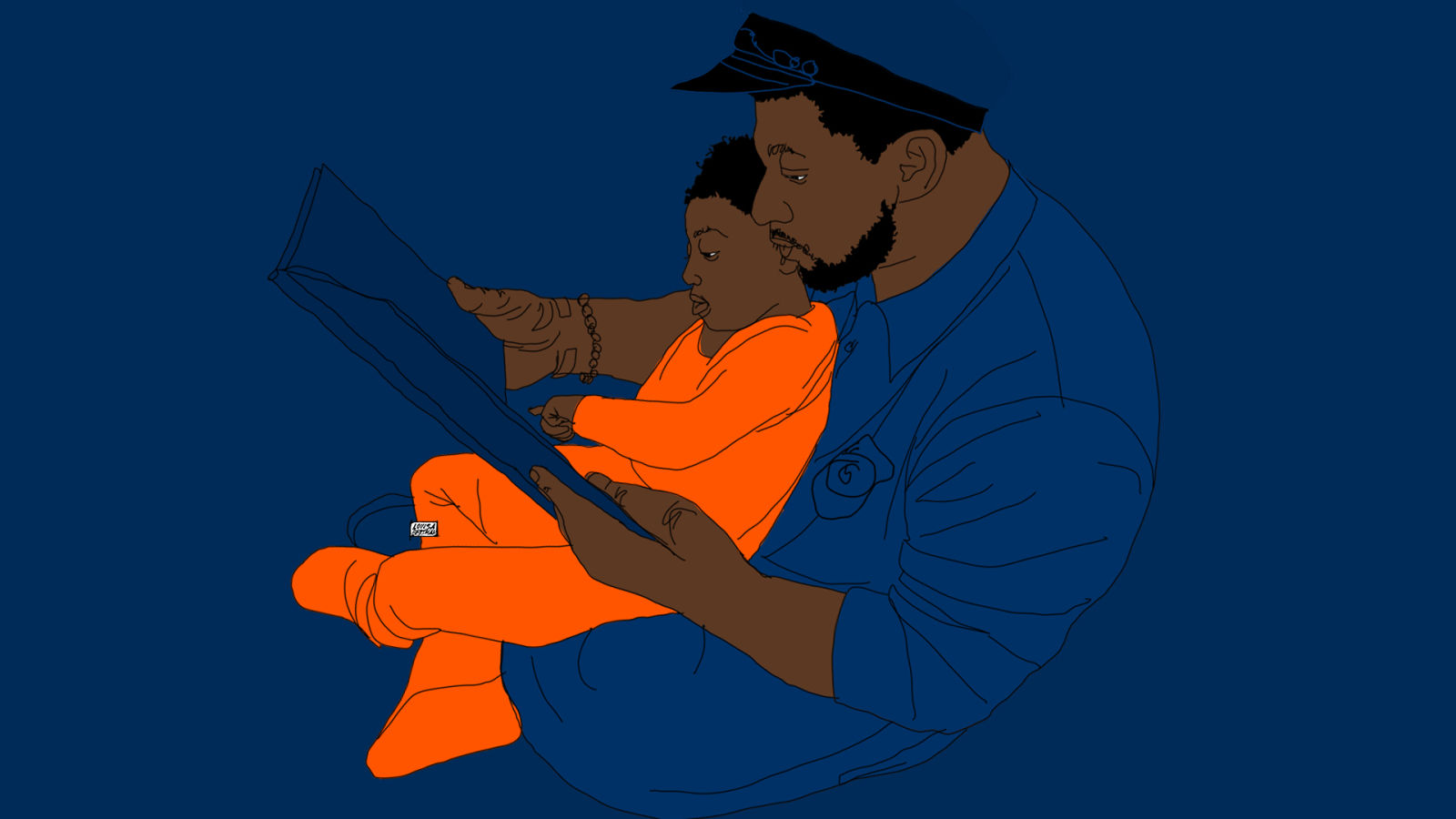All in Ideas and Opinions
The following is An Open Letter to Government Officials On the Investigation of Shenandoah Valley Juvenile Center. The News Leader is publishing it in its entirety.
Trump’s reversal this week is progress; it’s a step in the right direction away from the inhumanity that the nation witnessed at the border. But let’s also be clear: There are vulnerable kids in cages in every state across America whose cases will not be affected by the president’s new order. In fact, on any given day there are approximately 50,000 juveniles being held in American correctional facilities, thousands of whom are in adult jails and prisons.
Schools across the country are moving away from an era of zero-tolerance policies and shifting toward methods that involve restorative justice, encouraging students to resolve their differences by talking to each other rather than resorting to violence. In New York City, five schools that have implemented this system are already seeing results. NewsHour Weekend's Megan Thompson reports.
BOSTON — The day after state lawmakers unveiled a compromise criminal justice bill in late March, the architects of that reform package joined Massachusetts court and corrections officials for a trip to Germany to study youth prisons there.
Last week, trip participants gathered to reflect on their experiences — including observing a trial and touring prisons — and what lessons Germany might have for criminal justice policy here.
Teachers and administrators have come to realize that a student’s range of experiences — their home life, their neighborhood and the overall atmosphere of the school — has an outsized impact on their behavior in class. Research shows that by gaining insight into these experiences and building stronger relationships with students, educators can address a number of behaviors without having to resort to suspensions and other punitive methods of discipline.
Youth workers must change the prevailing narrative and also provide hope for children, Stevenson said.
CHARLOTTE, NC (WBTV) -When some people think of juvenile justice, they think of a revolving door that allows kids to stay in the community after they've been arrested for breaking the law,"The juveniles are not being held accountable for their crimes is a major issue in Mecklenburg County," said Marcus Philemon of CharMeck Court Watch.But juvenile advocates say there's a system in place that holds kids accountable for their actions while getting help they need.
At 15 years old, Elizer Darris expected to die in prison.
Now, after spending most of his adult life behind bars — he was convicted of second-degree murder — he uses his time to effect political change.
WASHINGTON — Young black girls in D.C. are 30 times more likely to be arrested than white girls and boys of the same age, a new study shows.
Michigan is one of only five states that automatically prosecute all 17-year-old offenders as adults. Lawmakers introduced bills last year to raise the age of adult criminal liability to 18, but put the discussion on hold while a consulting firm conducted a cost study to determine the proposal’s financial impact. The study’s completion in early March has put the ball back in the legislature’s court. Although imperfect, the study can help policymakers with their efforts to enact the change, and Michigan should lose no time in joining the other states that have already done so.
As recently as 2005, the state of Virginia had eight centers like Bon Air Juvenile Correctional Facility, housing more than 1,300 delinquent youth. But by 2017, after a series of reforms, that number had shrunk to one.
Prisons are factories of abuse and violence in this country, says Norris, and we must fundamentally rethink how and why we use them. “Our hope is to bring in a whole new status quo—which means, not ‘alternative,’ which means a new main thing,” he says. “And I think that main thing should be centers of opportunity and restorative justice.”
A Jan. 8 riot at the Juvenile Detention Center - coupled with a rise in violent crimes involving juveniles - has reignited calls for reform from O'Malley and city council members. The Cuyahoga County Juvenile Court's administrative judge said she would be open to a process to allow dangerous inmates to be held in a separate wing at the adult Cuyahoga County Jail. But that would require a change in state law, and advocates argue it would run counter to the juvenile court's core mission of rehabilitating young offenders.
O'Malley pointed to the Montgomery County Juvenile Court's Intervention Center as a possible inspiration for criminal justice reform in Cuyahoga County. The Intervention Center assesses young offenders in the hours after an arrest to determine if there are any underlying issues -- such mental health or behavioral issues, or problems at home or at school -- that could be addressed through specialized services.
In 2012, Michigan Governor Rick Snyder introduced his initial vision for restructuring the state's juvenile justice system. Three years later, he offered more detail, embracing effective assessment and treatment and, for most youth, diversion programs.
And since then?
A significant spike in juvenile crime from 3 p.m. to 7 p.m. on school days has led to a push by the state’s juvenile justice agency to shift school start and finish times.
A new short film from national advocacy campaign Youth First Initiative delves into the origin of youth prisons and how that history relates to today’s juvenile justice system, which disproportionately targets Black and Latinx children.
Fifty thousand.
On any given day, that’s roughly the number of children locked up in youth prisons or other out of home confinement throughout the US.
Yes, this year was one of the worst in recent memory. But what if I told you there’s reason to hope — that there is still some good to latch on to?
Well, there is. Here are 11 criminal justice victories to prove it.
ITS BEEN NEARLY TWO YEARS SINCE SCOTUS RULED JUVENILE LIFERS SHOULD HAVE A CHANCE TO COME HOME. TODAY, LESS THAN 10% IN THE STATE HAVE DONE SO.
It’s essential to figure out why there are so many more children in the system




















